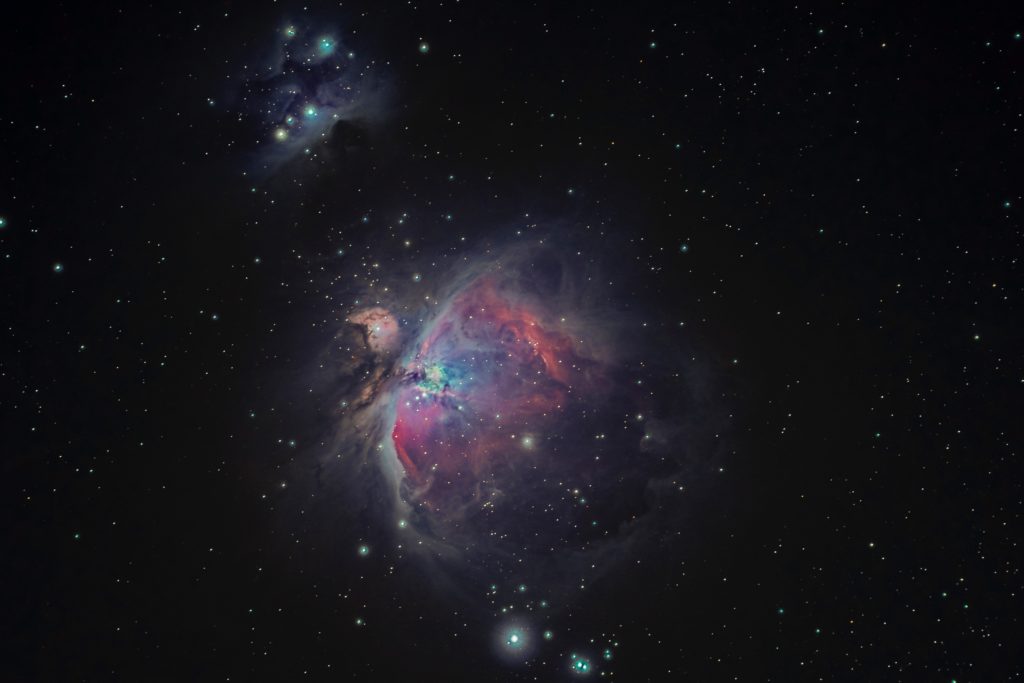 As is so often the case, a post from Maria Popova over at Brain Pickings gave me pause today. Popova writes about John O’Donahue’s Walking in the Pastures of Wonder – in Conversation with John Quinn and offers some beautiful reflection and several excerpts. This one, though, struck me most deeply:
As is so often the case, a post from Maria Popova over at Brain Pickings gave me pause today. Popova writes about John O’Donahue’s Walking in the Pastures of Wonder – in Conversation with John Quinn and offers some beautiful reflection and several excerpts. This one, though, struck me most deeply:
Each one of us is the custodian of an inner world that we carry around with us. Now, other people can glimpse it from [its outer expressions]. But no one but you knows what your inner world is actually like, and no one can force you to reveal it until you actually tell them about it. That’s the whole mystery of writing and language and expression — that when you do say it, what others hear and what you intend and know are often totally different kinds of things.
It is, perhaps more socio-emotional than you’d prefer. Stop, though, and think about the possible implications – particularly for education.
When I get the opportunity to observe a classroom, I am constantly on the lookout for evidence of curiosity. If I leave a room and can only comment on the knowledge of the teacher and what questions he might have about algebra, biology, or literature, then I know we’ve missed an opportunity.
For all the talk of personalized learning and data mining, we often miss the greatest source of data-turned-information-turned-knowledge-turned-wisdom to which we have access – the inner worlds of our students (if I might borrow from Quinn).
In the classrooms where I find the most evidence of learning, I have the fortune to see teachers not only asking students to share their curiosities, ideas, and beliefs, but helping their classmates to develop these habits as well.
One particular observation sticks with me. In a third grade classroom, students and teacher assembled on the carpet at the front of the room, the teacher has posed a questions for discussion. The students have talked with their partners about what they think of a given topic, and one little girl has raised her hand, been called on, and is now “um-ing” and “well-ing” her way through her answer. She gets a bit off track – the consternation clear on her face.
In too many of the classrooms I see, the teacher would have stepped in, kept the child from struggling, and either asked someone else or said what he hoped the child was trying to say.
This teacher did something else.
“Do you need time or help?” she asked.
The child paused, “Time.”
And she was given time to sort out her thinking. And her peers were kind and attentive.
Not only were the children in that classroom being immersed in the idea that a teacher might actually be interested in their thoughts and making room for them to be tinkered with, they were coming to an understanding that getting to our answers might take more time than we’d sometimes expect.
It has me thinking about where I can create space in my daily conversations to give more room to others to bring forth the ideas they might otherwise think too nascent for sharing.
What about you? What might you do to make space for those with whom you learn to share?
